Traditional sports activities — spinning tops, jumping rope and kicking shuttlecocks — were also organized at night during shousui, a custom in which people stay up all night to ward off evil and disease and welcome a new year.
A tourist commented: "Attending this event not only allowed us to experience the culture of ethnic minorities, listen to the unique mountain folk songs of Lichuan and play with spinning tops but also gave me a deeper understanding of the culture and customs of the Tujia and Miao minorities. The experience was completely different from a typical sightseeing tour."
Minzu University's Zhong believes that promoting the ethnic groups' customs will help preserve and develop cultural heritage and attract tourists from other regions.
"It is important to support and preserve traditional ethnic festivals and their unique celebrations, such as the Dai water-splashing festival in Yunnan, which was popular last year," Zhong said.
Xishuangbanna, Yunnan, received more than 2 million tourists in April, a 300 percent increase over the previous year. They brought in revenues of around 2.12 billion yuan ($295 million).
Dai people, clad in traditional costumes, danced and sang while splashing water on each other as a prayer for good fortune and to express good wishes.
"This will promote mutual understanding and exchanges among various ethnic groups," Zhong said. "For example, many tourists from non-ethnic minority areas will have a better understanding of local minority cultures. At the same time, exchanges between tourists and locals will diversify local culture. This is a two-way interaction and integration."
Palden Nyimain Lhasa, Li Yingqingin Kunming, Shi Ruipengin Nanning and Liu Kunin Wuhan contributed to this story.








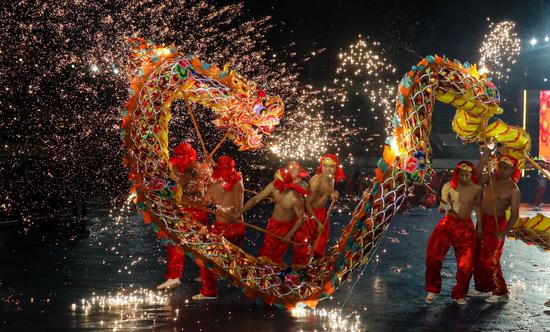

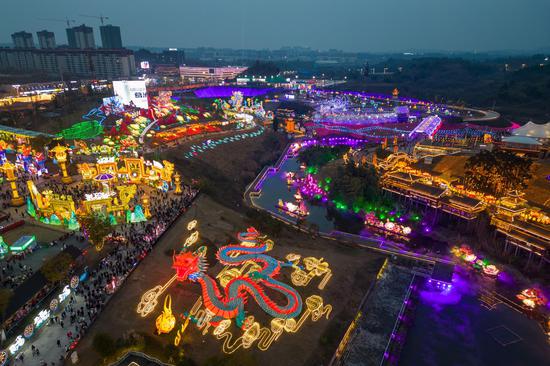
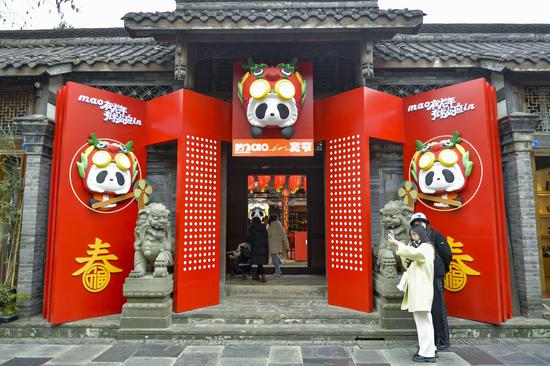
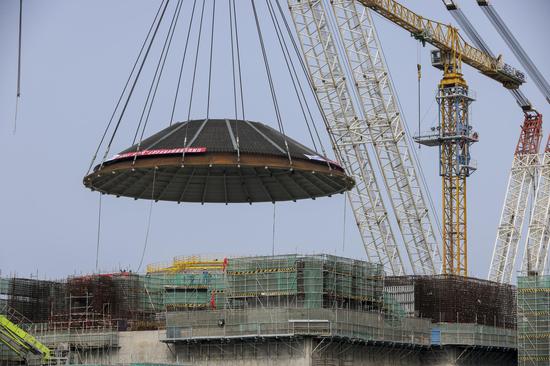
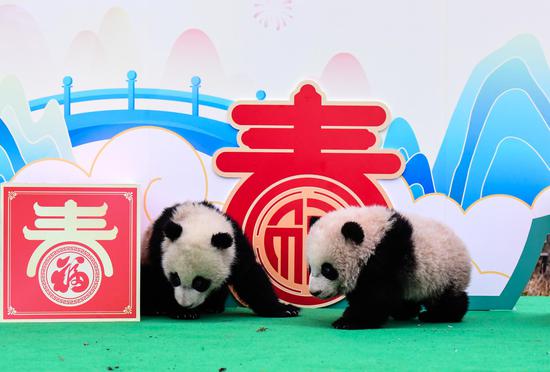
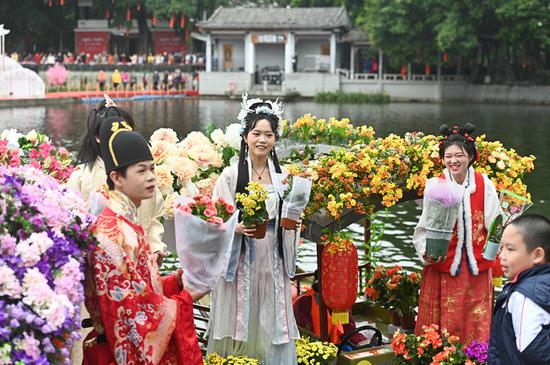
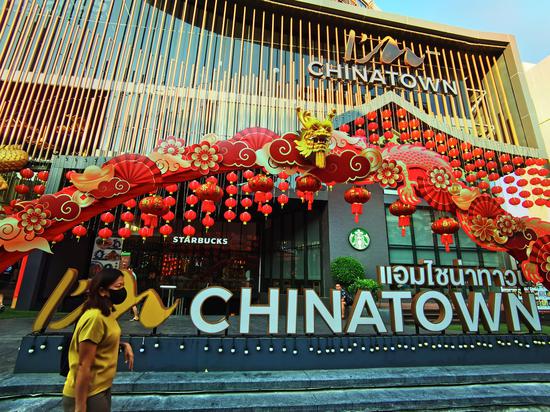
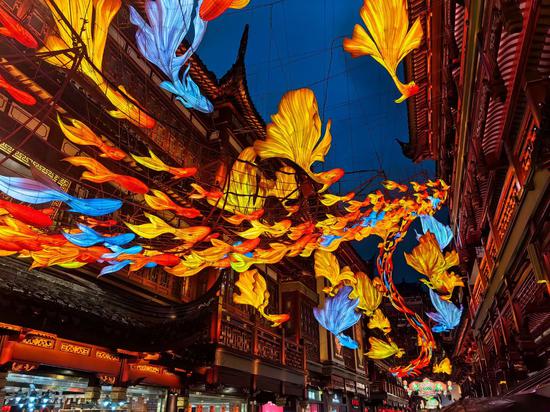
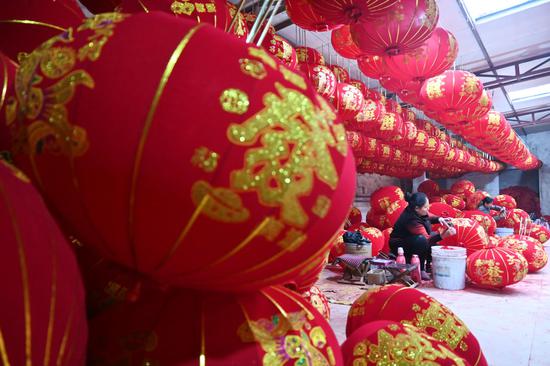
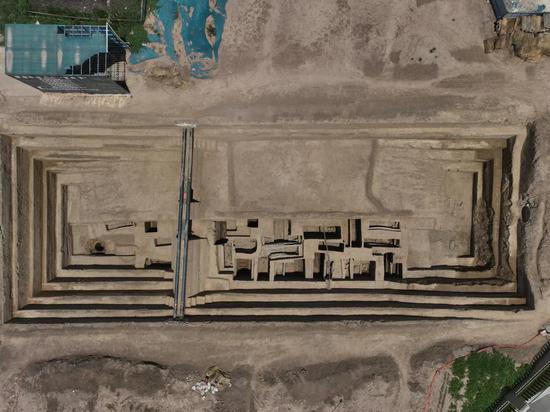
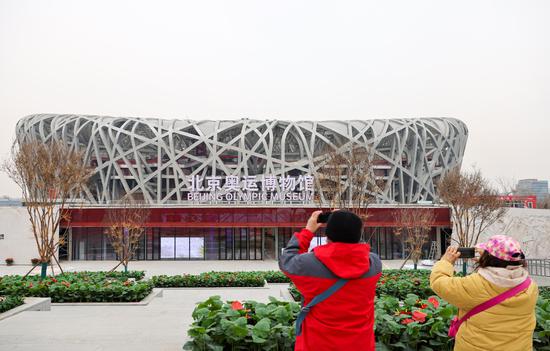

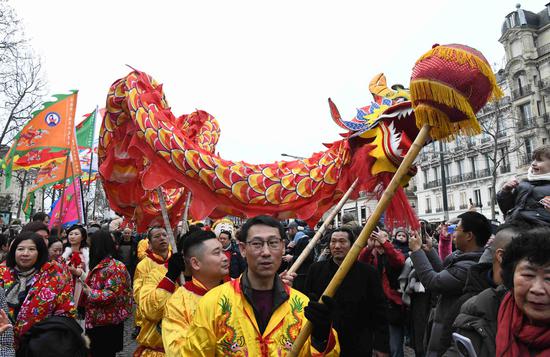
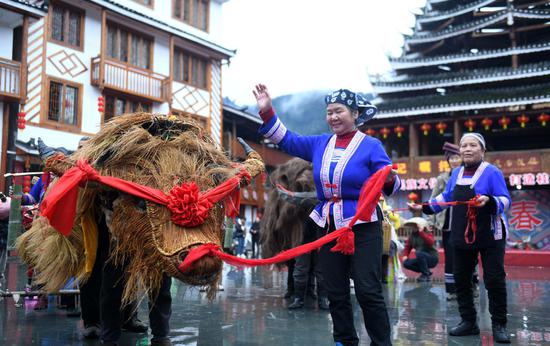

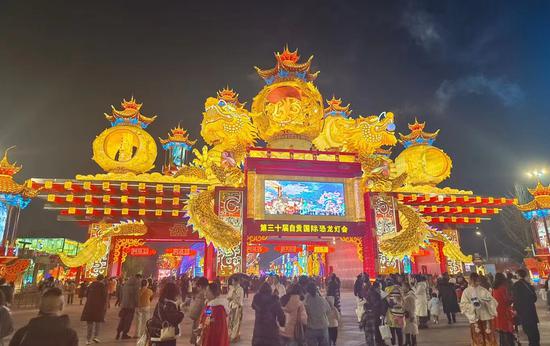

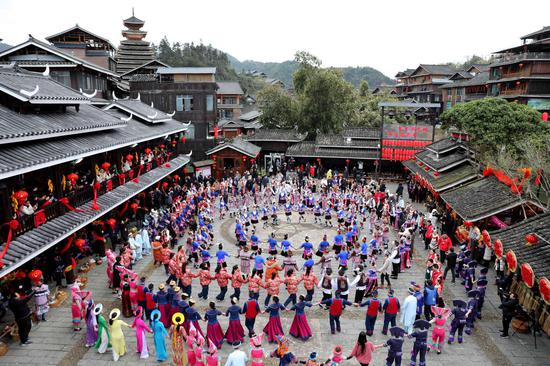
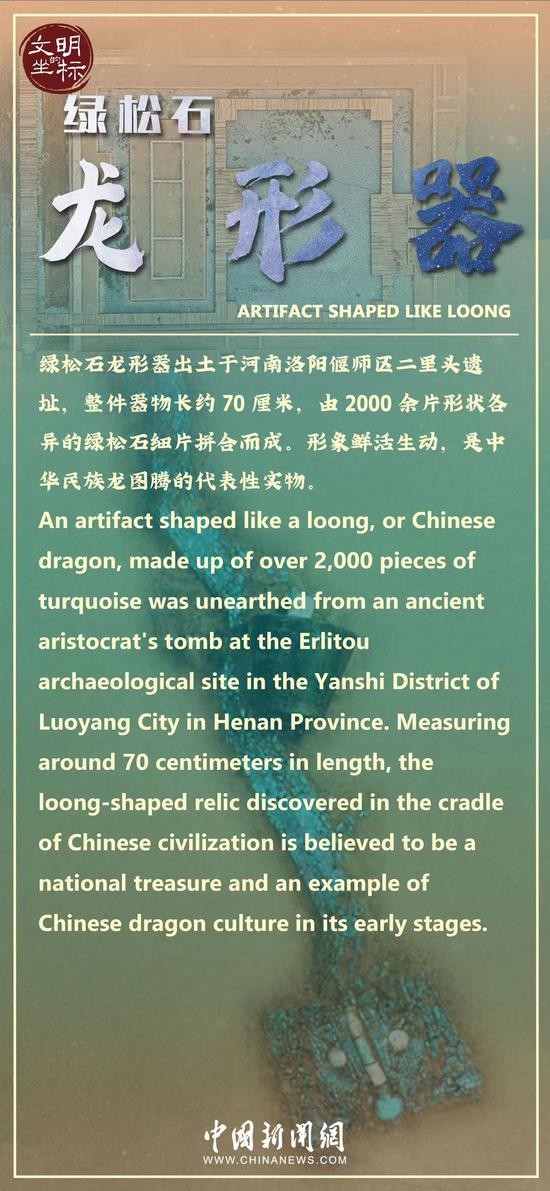

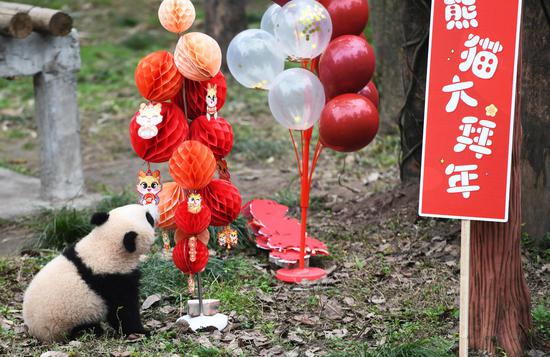
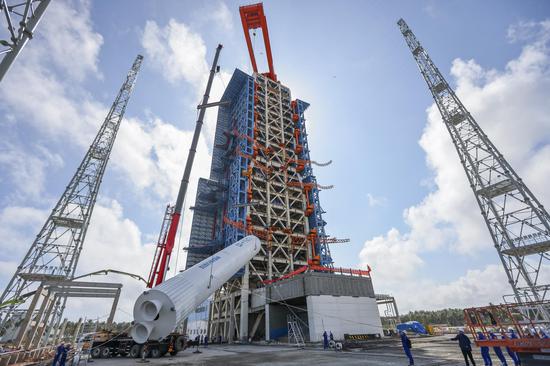
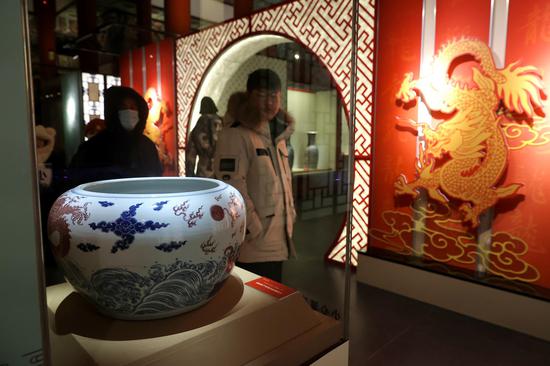

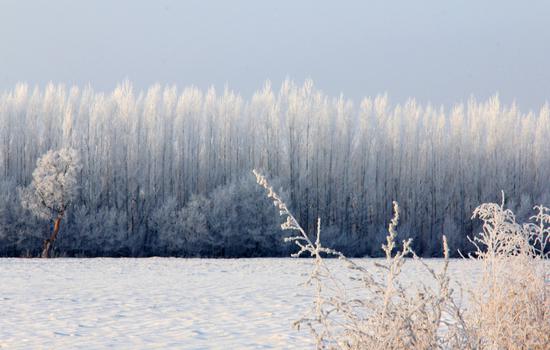
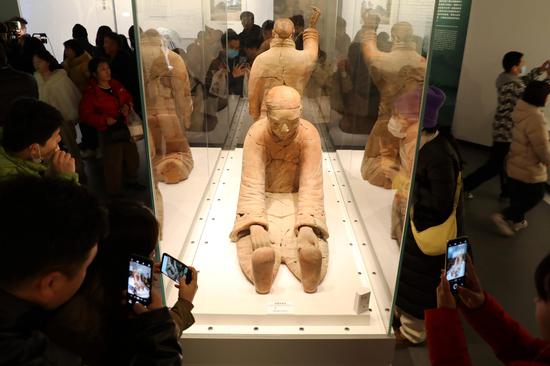
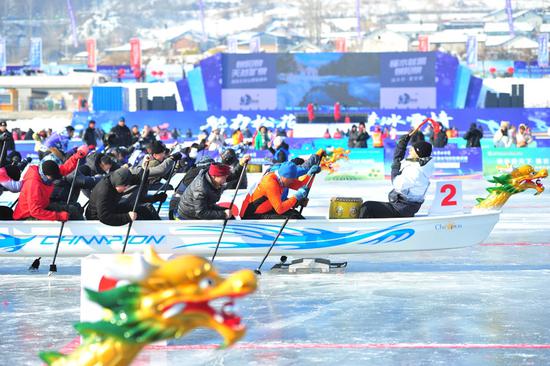
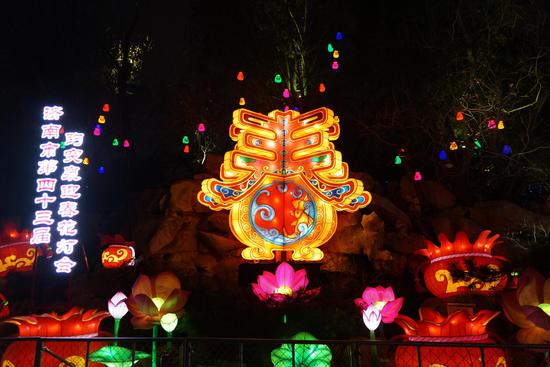
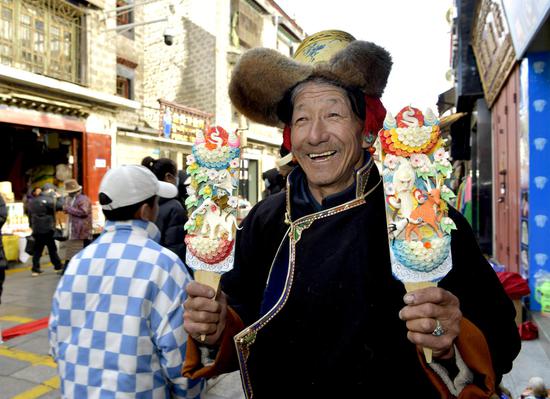
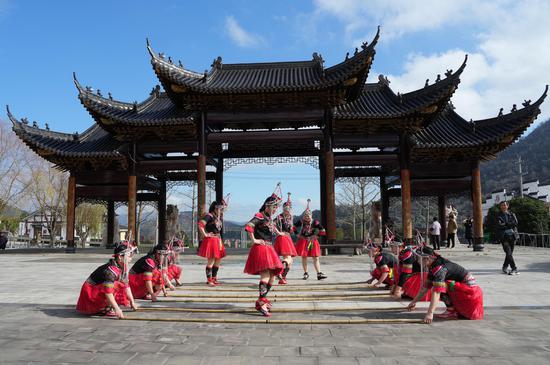
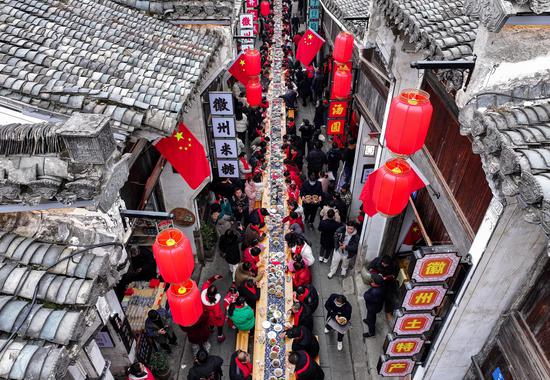



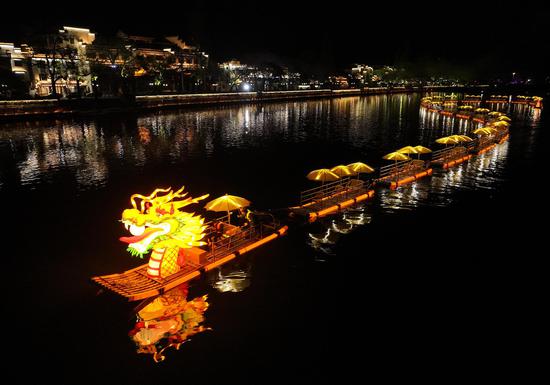
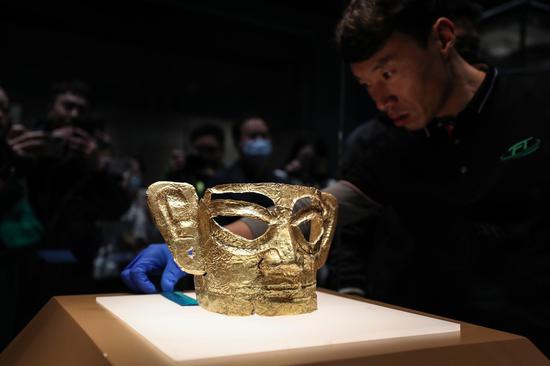





 京公网安备 11010202009201号
京公网安备 11010202009201号